Publications
Articles, publications, books, tools and multimedia features from the U.S. Institute of Peace provide the latest news, analysis, research findings, practitioner guides and reports, all related to the conflict zones and issues that are at the center of the Institute’s work to prevent and reduce violent conflict.
Question And Answer
Amid a Changing Global Order, NATO Looks East
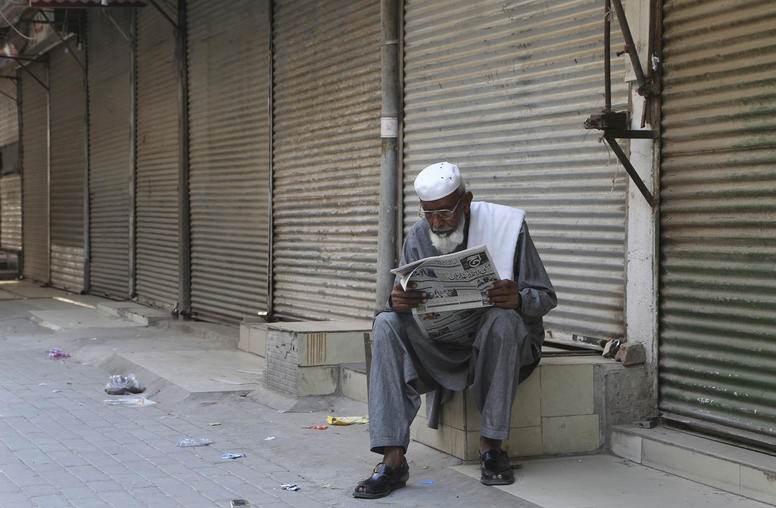
Losing Facts to Fiction: Nationalism, Misinformation, and Conspiracy Theories in Pakistan
Misinformation and conspiracy theories have become staples of mainstream politics in numerous countries around the world—democracies and autocracies alike. Pakistan is no exception. This report examines the causes of pervasive belief in misinformation in Pakistan—particularly nationalistic misinformation—and the consequences for the country’s relations with its neighbors, the risk of international or domestic conflict, and attitudes toward Pakistan’s many ethnic minority groups. The report also discusses steps that policymakers can take to counteract misinformation.
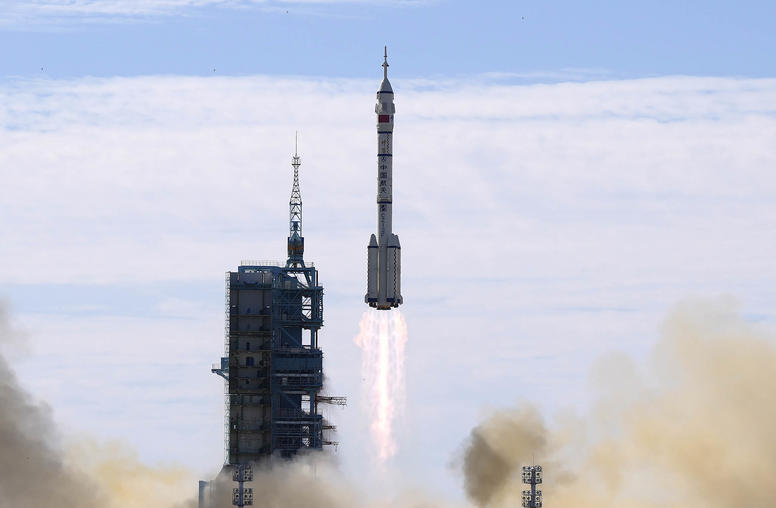
China and Strategic Instability in Space: Pathways to Peace in an Era of US-China Strategic Competition
Recent defense white papers published by the Chinese government refer to outer space as the “commanding heights” in international strategic competition, and the United States has explicitly identified space as a warfighting domain. While current strains in the US-China relationship have made managing potential conflict in space difficult, it is not impossible. This report identifies several areas in which the United States and China, as two of the world’s three most formidable space powers, urgently need to foster greater communication and cooperation.
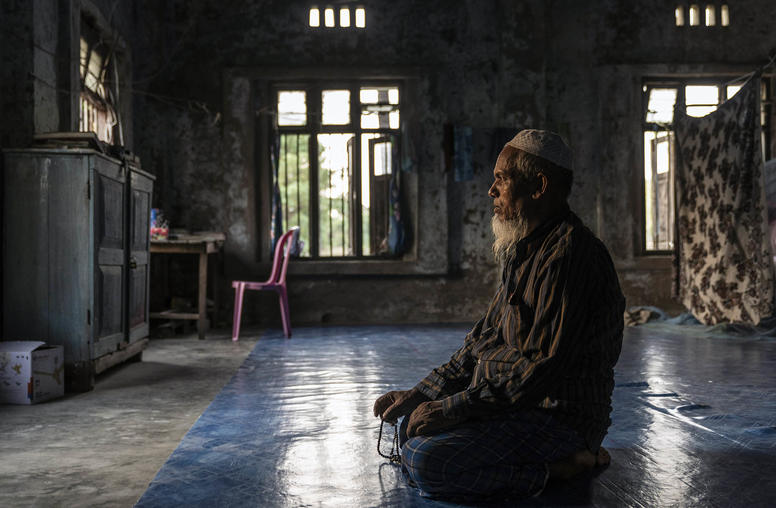
Maintaining International Religious Freedom as a Central Tenet of U.S. National Security
In 2021–22, USIP’s Religion and Inclusive Societies Program convened a bipartisan working group of advocates, academics, and former government officials to discuss how the United States can advance global peace and stability by embracing international religious freedom as a major pillar of its diplomatic engagement. This report, written by the working group’s co-chairs, examines the history of the US commitment to international religious freedom and the challenges to ensuring that it remains a central tenet of US foreign policy and national security.
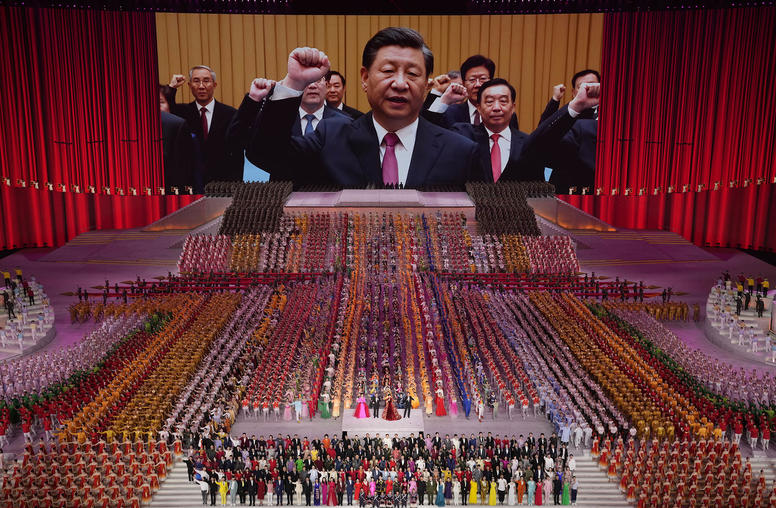
Beijing’s Strategy for Asserting Its “Party Rule by Law” Abroad
Under the leadership of Xi Jinping, the Chinese Communist Party has taken steps to assert more influence over the international legal system and to shape the global legal environment to better serve its political and economic objectives. This report examines the potential ramifications of China’s assertive use of new legal tools for US interests and international stability, and discusses several options that the United States and its partners can pursue to bolster the rules-based order that underpins global stability and cooperation.
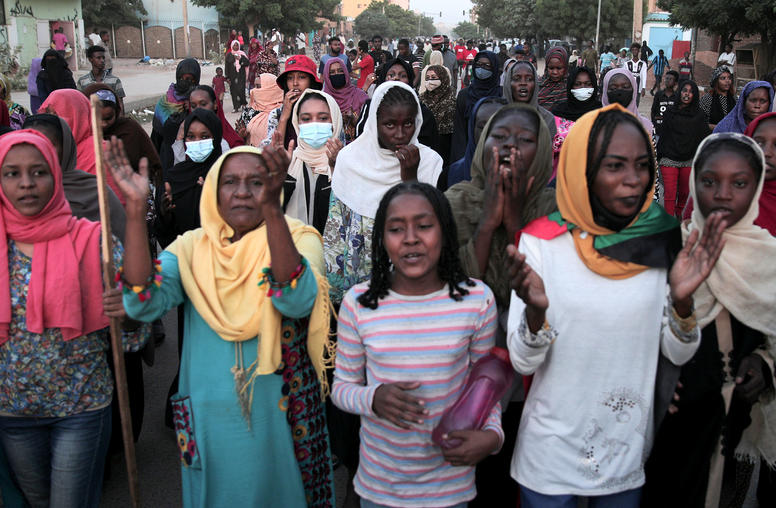
Darfur after Bashir: Implications for Sudan’s Transition and for the Region
This report examines the role of Darfur in Sudan’s domestic politics and international relations since the overthrow of Omar al-Bashir in 2019. It traces how Darfur’s importance has shifted with the growing aspirations and power of Mohamed Hamdan Daglo – more commonly known as Hemetti – and the Rapid Support Forces that he governs. It concludes by examining where Western actors may have leverage to push for both peace in Darfur and civilian rule.
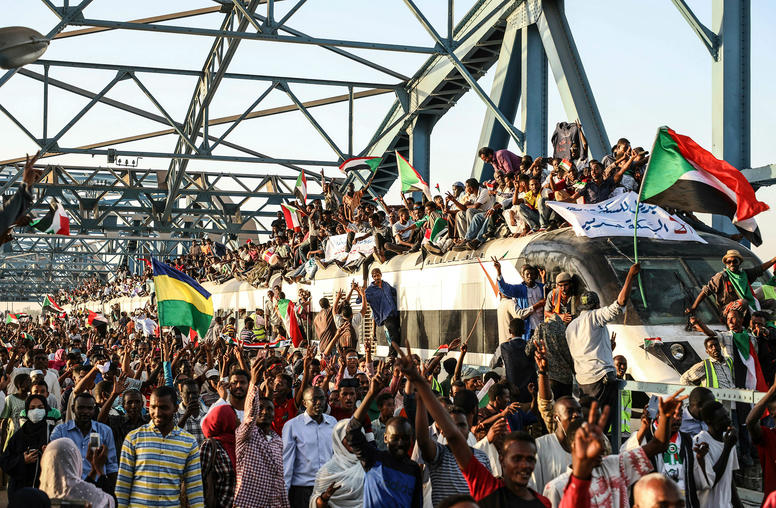
Sowing the Seeds of Nonviolent Action in Sudan
From 2013 to 2018, Sudanese civil society actors carved out a variety of civic spaces that laid the foundation for Sudan’s 2018–2019 December Revolution. This report assesses the factors that gave rise to this remarkable mobilization—in particular how civil society development ultimately enabled the Sudanese opposition to sustain a decentralized, nationwide, and robust nonviolent campaign characterized by widespread mass participation, unity of leadership and purpose, and a commitment to nonviolent discipline—and what it will take to keep the country’s democratic transition on track.
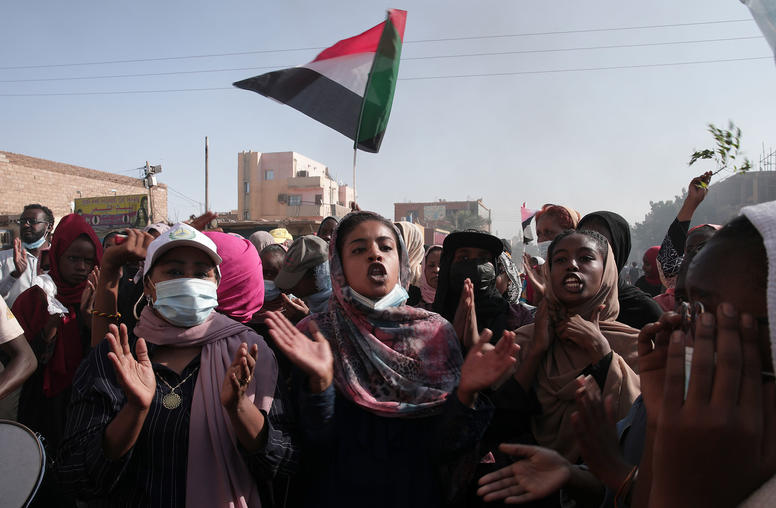
Dissent and Dialogue: The Role of Mediation in Nonviolent Uprisings
While both mediation and nonviolent resistance have been the subject of significant scholarly work, the connection of the two fields has received less attention. Using newly collected data on nonviolent uprisings Africa from the Mediation in Nonviolent Campaigns data set, this report explores several questions: When does mediation occur in the context of nonviolent campaigns? Who tends to mediate? What are the challenges, and what are the outcomes? The study offers overall takeaways, policy conclusions, and recommendations for future research.
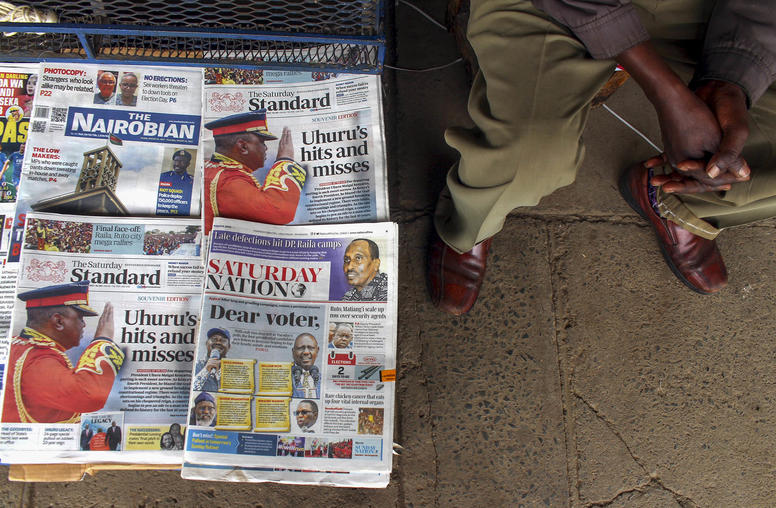
China’s Media Propaganda in Africa: A Strategic Assessment
Over the last decade, partnerships with developing countries have become central to China’s geostrategic objectives. In Africa specifically, China has made significant investments to secure favorable media coverage to promote a positive view of China, to counter the influence of the United States, and to assert and normalize China’s territorial claims over Taiwan, the South China Sea, and other contested areas. This report examines China’s investments in Africa’s media sector, assesses their effect, and makes recommendations for how the United States can respond to China’s influence campaigns.
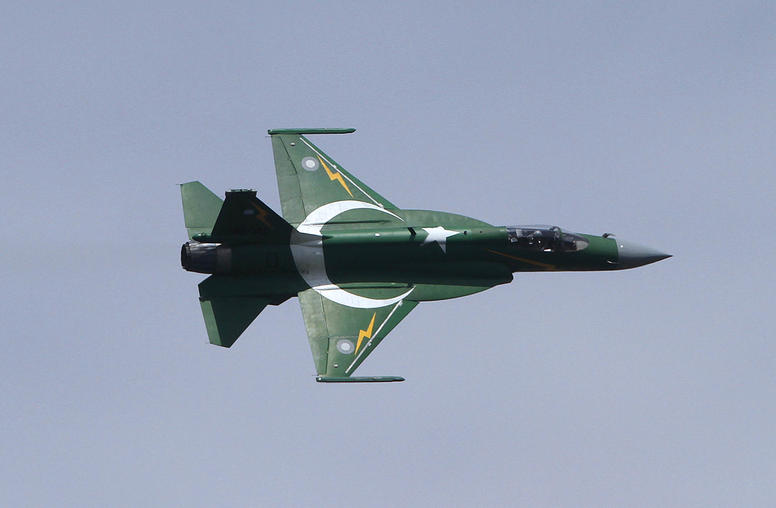
A Threshold Alliance: The China-Pakistan Military Relationship
Geopolitical shifts in South Asia over the past decade, driven by sharper US-China competition, a precipitous decline in China-India relations, and the 2021 withdrawal of US forces from Afghanistan, have pushed the Chinese and Pakistani militaries closer together. The countries’ armies and navies are increasingly sharing equipment, engaging in more sophisticated joint exercises, and interacting more closely through staff and officer exchanges. Yet, as this report concludes, a full China-Pakistan alliance is not inevitable, as Chinese missteps and other sources of friction could slow its consummation.
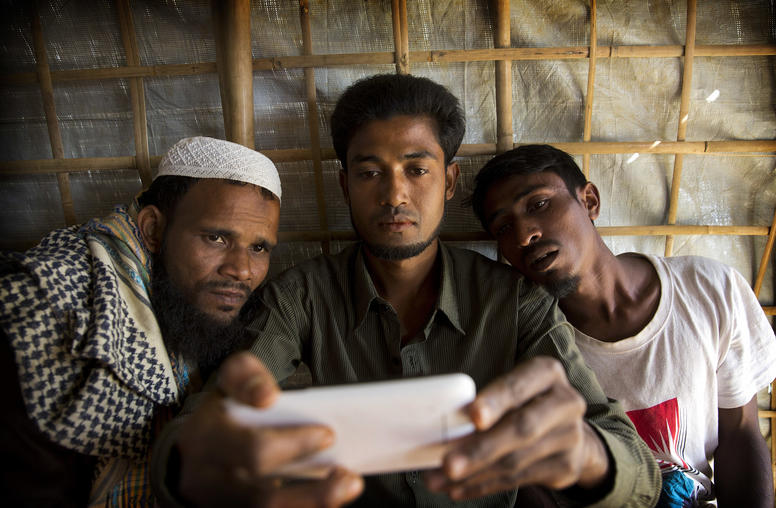
Nonviolent Action in the Era of Digital Authoritarianism: Hardships and Innovations
In the late 2000s and early 2010s, nonviolent action movements employed social media and other digital tools to orchestrate pro-democracy uprisings that took regimes by surprise. Those euphoric early days have since given way to digital repression, restricted online freedoms, and democratic backsliding as authoritarian regimes leverage new technologies to surveil the opposition and sow misinformation. This report documents how nonviolent activists are adapting to digital repression and suggests ways the United States and its allies can slow the pace of autocratic innovation in the use of these technologies.